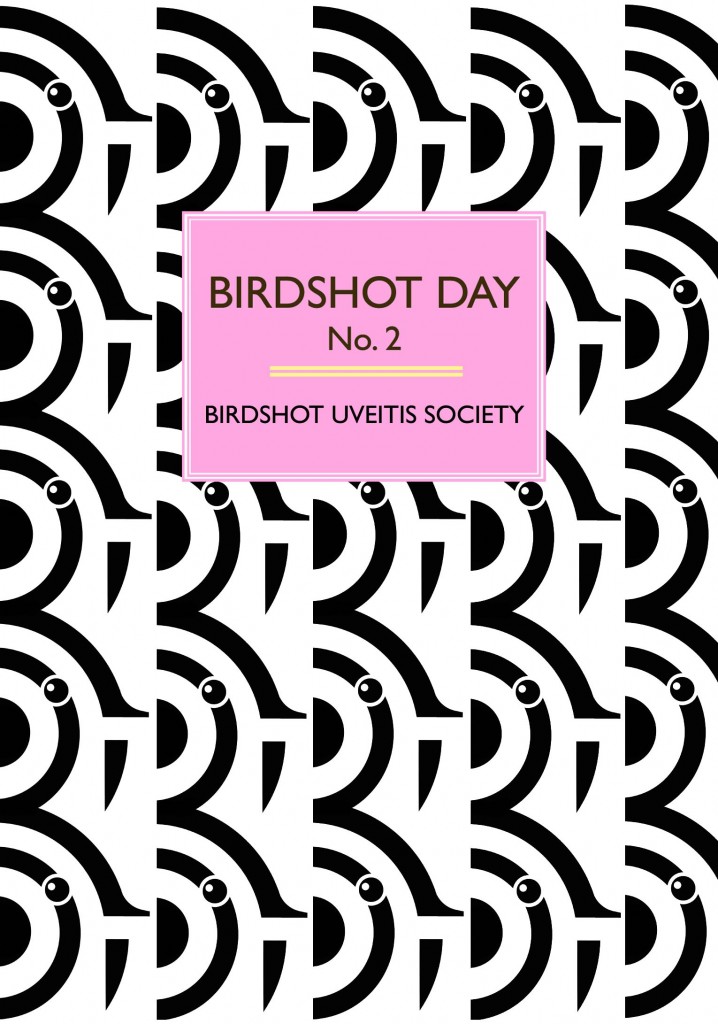Many of us believe that stress may be a contributory factor in our Birdshot and in flare-ups. Stress has been linked to auto-immune diseases and it is commonly thought that there is a stress relationship with flare-ups in other forms of Uveitis.
A paper by R Khanfer , G Wallace, P A Keane, and A C Phillips has reviewed what is currently known about the relationship between uveitis and psychological stress.
Birdshot Uveitis Society knows two of the authors well. Dr Graham Wallace was one of the speakers at our last Birdshot Day, and Pearse Keane, whilst unable to attend the Day, has been a key professional working in the field of Birdshot, and will be attending our next Day. Pearse was introduced to us by BUS member Nick Bucknall and consultant Alastair Denniston. Both Pearse and Alastair are very interested in OCT imaging in relation to Birdshot Uveitis and have been working on research in this field as well.
Here is an abstract from the paper:
“Uveitis is an inflammatory condition affecting the eye and is often associated with systemic autoimmune disease. A role for the involvement of psychological stress in autoimmune disease has been widely demonstrated. However, uveitis is not classified as an autoimmune disease, and a definite or direct cause has yet to be identified, although infection may be involved. Many uveitis patients retrospectively report stressful life events occurring prior to the onset or recurrence of uveitis. However, only a small number of studies have explored the potential association between psychological stress and uveitis, and their findings are somewhat contradictory, many showing that the experience of uveitis itself results in stress. ”
It is really interesting to see this piece of research, and our own quality of life survey should help to begin to answer some of the questions: Is it stress that helps trigger Birdshot (or the severity of Birdshot) or Birdshot that triggers stress or medication that leads to stress and causes flare ups?
Read the full article at the link below.
PMID: 22685876
URL – http://www.ncbi.nlm.nih.gov/pubmed/22685876?dopt=Citation

